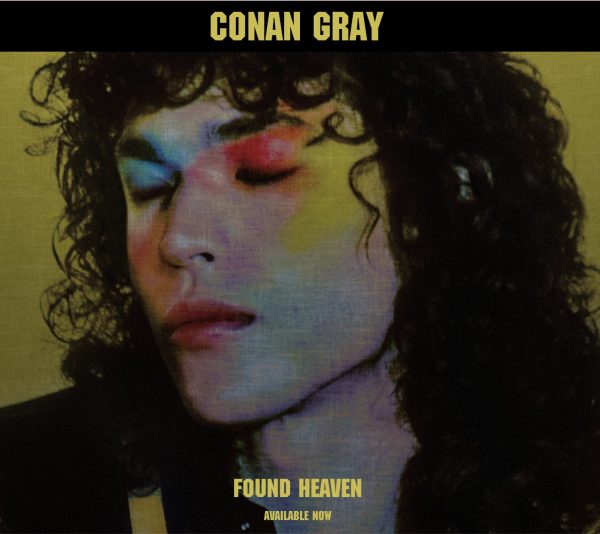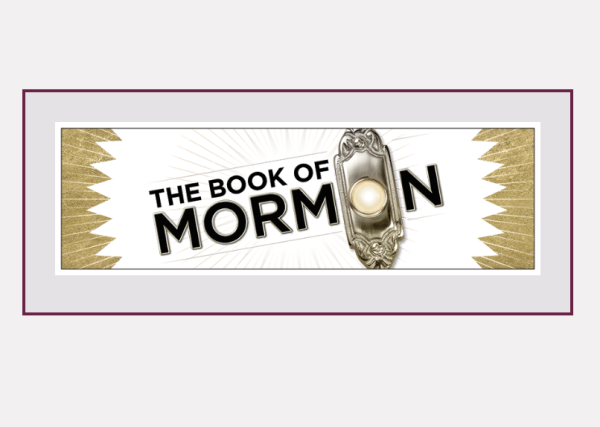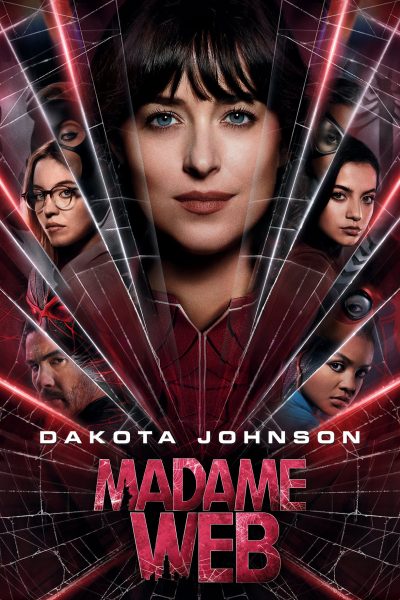“The Post”: Democracy thrives on screen
January 31, 2018
In a fast-paced 115 minutes, “The Post” captivates its audience with a thrilling story of brave journalists overcoming President Richard Nixon and his administration. The film leaves moviegoers with a strong sense of freedom and power of the press as it teaches them to stand up for their beliefs.
Directed by Steven Spielberg, “The Post” tells the 1971 story of Washington Post editor Ben Bradlee (Tom Hanks) and the owner of the paper Katharine Graham (Meryl Streep) going against the government to publish the infamous Pentagon Papers. The documents contain controversial information about the United State’s ability to win the Vietnam war. Throughout the film, Graham must choose whether or not to publish the papers and risk losing her company.
After the case reached the Supreme Court, Graham decided to publish the Pentagon Papers. Despite the Nixon Administration’s attempt to stop the documents from being pub- lished, the court ruled in favor of the Post, allowing the Pentagon Papers to be fully exposed to the public.
The movie had an incredible cast, anchored by Streep and Hanks. Throughout the entire film, I felt as if I was right by them and experiencing the roller coaster of events they encountered. Streep’s portrayal of her character made me feel like I knew Graham personally. Streep perfectly played a strong woman and showcased her character’s raw human traits. Watching both of their inspiring performances was truly an unforgettable experience.
“The Post” highlights that journalism is about more than just good writing, it is also about the underlying grit and passion for the stories. After watching the film, I, as a young journalist, was very inspired by Bradlee and Graham’s decision to publish the Pentagon Papers. They were willing to risk their livelihoods and safety to get the truth out to the public. The film taught me that to be a successful reporter, I must be devoted to my beliefs even if it comes with consequences.
The film is not only inspiring for journalists, but for women as well. Graham inherits the Washington Post after her late husband’s death. Despite owning the company, editors and reporters alike tend not to show respect towards her due to her gender. In meetings, her ideas are often left unheard and the men also tend to ask other people to make decisions rather than her. Later in the movie, Graham stands up to her male coworkers concerning whether or not to publish the Pentagon Papers, showing them that she is a force to be reckoned with and will not stand to be treated as an insignificant figure.
In addition to female and press empowerment, “The Post” shows the American people that journalists are often the true heroes. Today, there is a lot of hate towards the press and many news sources due to the spread of “fake news”. Americans need to know that journalism is important because it teaches us essential lessons like speaking our minds and the importance of understanding what occurs in the world around us. This is why it is so crucial that Americans see the film and take in the powerful messages it conveys.
I highly recommend “The Post” to anyone and everyone who enjoys a feel-good, happy-ending classic movie. I would, however, suggest the film for an older audience as the plot and dialogue get fairly complicated throughout the movie. Overall, it was one of the best films I have seen so far this year and I would even go see it again.



















